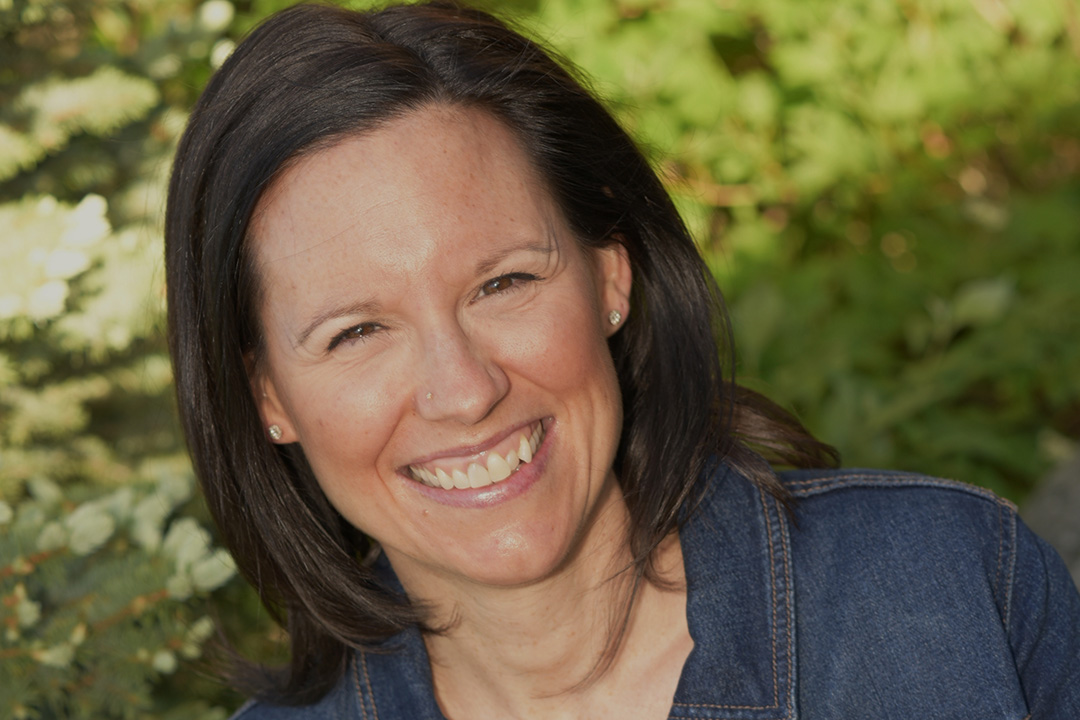
SPH researcher helps maternal-child health program serving Indigenous families identify success factors
A PhD project in the University of Saskatchewan’s (USask) School of Public Health (SPH) has identified ways the already-strong KidsFirst North program in northern Saskatchewan can have an even greater impact on the health of Indigenous children.
By Greg BaskyThe research study, titled Promoting Success in Maternal-Child Programs Serving Indigenous Families, was led by Dr. Charlene Thompson (PhD) as part of her recently defended PhD thesis. Through focus group discussions and one-on-one interviews, program families, staff, and administrators said factors key to the program’s success are its staff; its home visiting program, community events, and group programming; and the way it integrates culture into activities. The study showed that to be even more successful, jurisdictional policies negatively affecting program workers and challenges within the local community need to be addressed, and fathers need to be more included in program activities.
A public health nurse with the Saskatchewan Health Authority (SHA), Thompson has spent much of her 20-year nursing career working in maternal-child health, mostly with Indigenous families. It was frustration with the inequity she sees in her daily practice, between the health of Indigenous and non-Indigenous people that prompted her to go back to school, to do her master’s in public health first and now her doctorate.
Thompson’s work was supported by a prestigious Tier 1 Canada Graduate Scholarship from the Canadian Institutes of Health Research (CIHR).
“I want to work with communities on whatever they think will help to foster their health or improve their health,” said Thompson. “I aspire to one day being considered an ally.”
She thinks the findings from this project can help other programs with their own planning and development.
Relationships are at the heart of community-based, participatory research. Relationships take time to establish, nurture, and maintain. When the organization Thompson had been working with for three years stepped back from the project due to internal changes, Angela Bowen, emeritus professor in USask’s College of Nursing, and one of her co-supervisors helped connect Thompson with another community partner, with questions that it wanted support in answering.
Thompson’s other supervisor, Michael Szafron, an associate professor in the School of Public Health, said completing a community-based project within the finite scope of a PhD — let alone in two years — is rare.
“That speaks to Charlene’s dedication and growth mindset. She is a nurse by training, so I guess working in triage situations is a skill they do well at,” said Szafron. “She said, this is my lot, so let’s buckle down and get to it.”
Bowen said the research is significant because it was the “community” (KidsFirst North) that drove the entire process — from defining the research questions to interpreting the findings.
“It is a win-win. It was significant to the staff who I think felt heard, to the management, who oversaw it and participated greatly in the process, and to the families,” he said.
Thompson is looking forward to the experience of teaching grad students in the school’s Master of Public Health capstone class starting in January 2022. And she hopes the relationship she has established with KidsFirst North continues, so she can carry on working with them.
“I would love to do more with them, in terms of moving things forward,” said Thompson. “They are a great organization, and they are really invested in this.”

